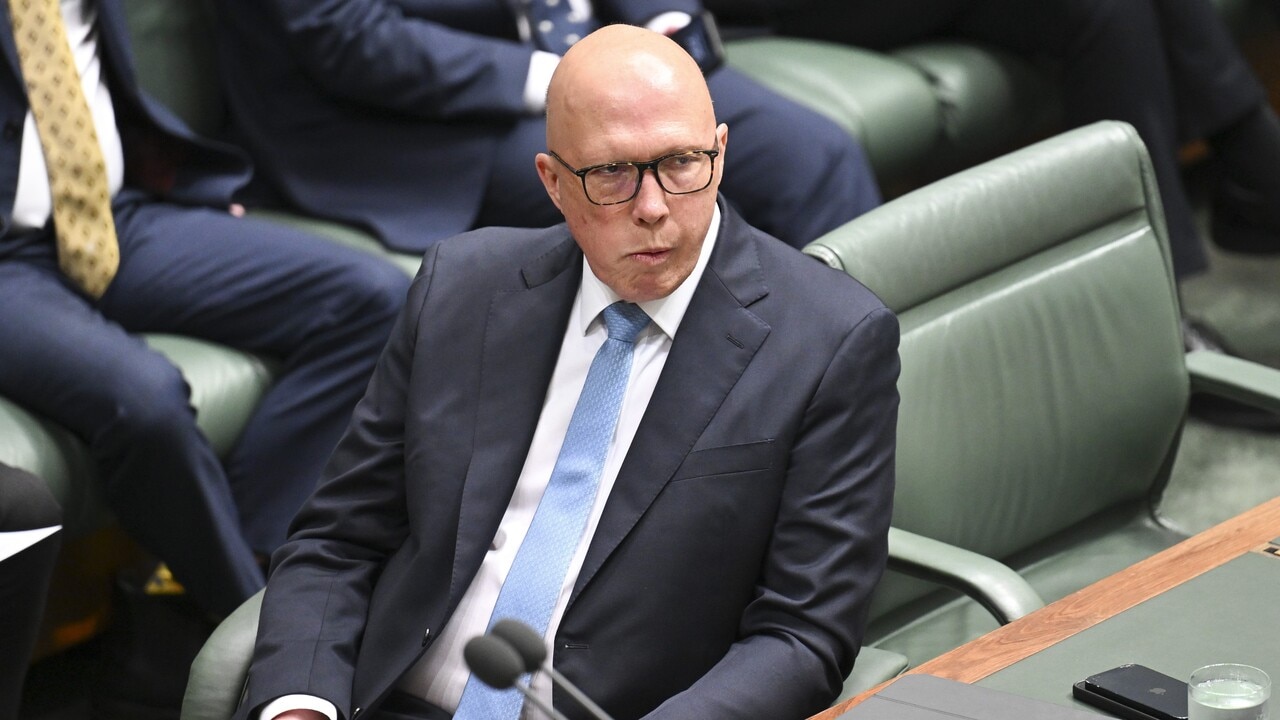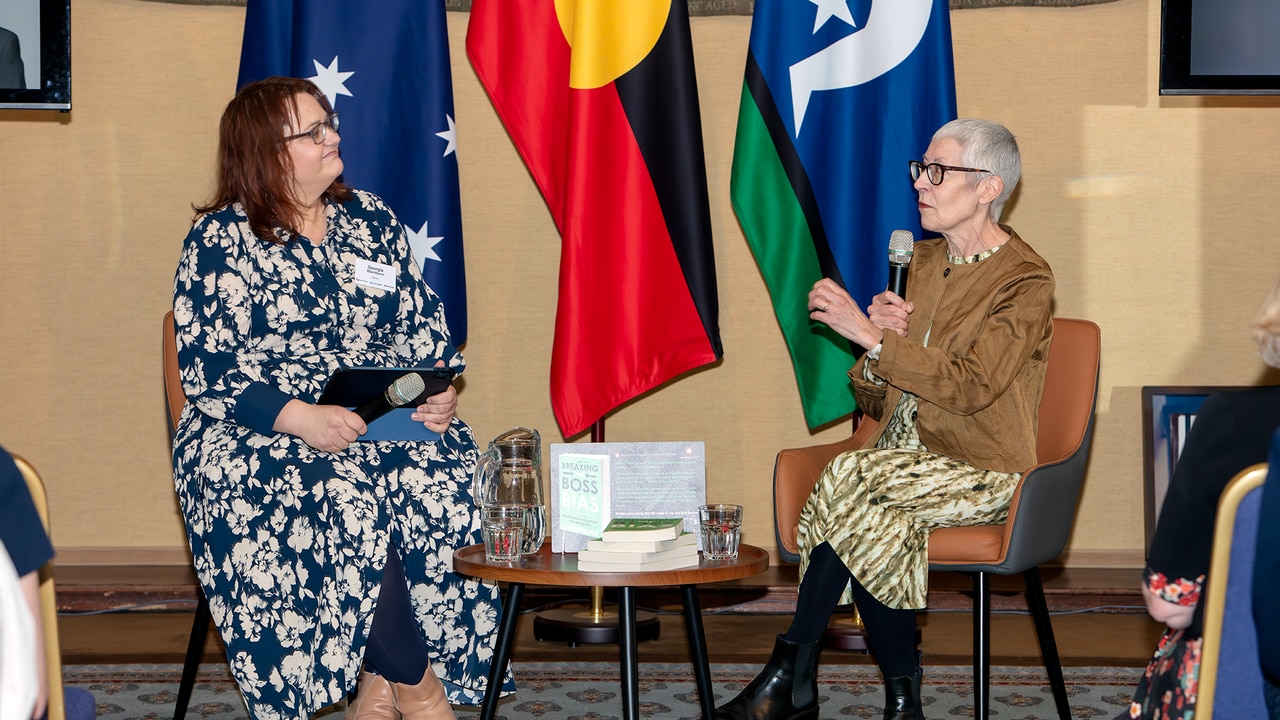
Jason Clare was quick to unwrap it. “Never in my life did I expect to see Peter Dutton get into bed with the Greens on immigration,” the Education Minister said on Monday.
There is a reason why Clare specified immigration, because that is what his bill is about.
The opposition is correct to call the caps as they stand “chaotic and confused”, and that imposing them will not reduce housing shortages – but this was never the government’s real reason for them. It needed to be seen to be doing something, anything, about immigration and slapping restrictions on high-profile universities was quick and easy for three reasons.
One is that on the headline statistics it appears immigration is out of control and that students are a big part of the problem. There were 47,000 arrivals last month, 4 per cent more than in October 2019, the previous peak. And 30,500 of them are set to study in universities, a third more than in ’19. As a way to make Clare’s political point that unis are packing them this is hard to beat.
The second is that despite a generation of explaining, people still think, completely wrongly, that international students take places away from locals. But there is a point to concerns that they have changed the culture of university life. Australian students don’t spend their time hanging out on campus – they fit classes in around jobs and life. But for internationals, especially at resource-rich city universities, the university life experience is a big reason they are here.

The third is that people think the big-city universities have got rich on international student fees and others rely too much on them. As independent Tasmanian senator Tammy Tyrrell said in the Senate on Monday, “(Universities) have to rely on international students to keep the lights on. So what happens? Our domestic students become an afterthought. Universities charge them as much as they can and spend as little as they can get away with, not because they want to but because they have to. We have created a system where you can’t run a university in Australia unless you have an office in Singapore, Jakarta or Shanghai.”
These ideas run deep in the community. Higher education lobbyists say international student numbers keep coming up, mentioned by people who are outright racist through to those who want university to be like it was when Gough Whitlam promised to pay for everything.
But now the opposition wants to have its quota cake and eat it too, calculating that it can run hard on foreign student numbers up to the election by announcing that the government has no solution to overseas arrivals.
“Labor simply cannot be trusted on immigration. Only a Coalition government can deliver the decisive action needed to reduce migration so that our housing and infrastructure can catch up,” shadow ministers said on Monday. Clare rightly responds that the Coalition is in an alliance of opportunism with the Greens, who oppose caps.
The risk for the government is it looks desperate – and rightly so. The quotas bill is a triumph of administrative ineptitude, awash with anomalies on the allocation of places. It ends Clare’s run of political success that will subordinate universities to public service control.
But this does not get the opposition off the hook of explaining why it will knock the government over on quotas when it has not announced any better ideas, but criticises big and rich universities for taking too many internationals. “Given the excessive number of foreign students who have flowed into Australia’s most prestigious universities in recent years, we respectfully suggest that a number of Group of Eight universities have lost sight of their core mission,” Coalition senators said in their comments on the Senate Committee inquiry into the caps bill.
None of this is good news for universities that have campaigned long and loud against the quotas – the existing, often eccentrically imposed restrictions on student arrivals at each university and college via the visa system, will continue. Clare has said from the start that this will remain until quotas are in place. As Luke Sheehy, who leads industry association Universities Australia, said on Monday, “Australia’s universities are again being used as a political football in the migration debate.” It’s a problem of some of his members’ making. Members of the elite Group of Eight kicked the footy out of bounds on the full by campaigning so hard against quotas that they gave the government no room for concessions.
Whatever happens now, the old open slather on arrivals is gone for good, whoever wins the election. Quotas would have been a one or two-year wonder, with international student arrivals increasing over time as immigration went off the political boil. For now, the uncertainty over student arrivals will continue and voters who think international student numbers is a problem will remain convinced it is.
Clare will see to that. “We’re a country built on migration, but it’s got to be done at sustainable levels,” he told 2GB radio on Monday. “Peter Dutton obviously has the opposite view because he’s going to vote against legislation to control the number of students that come here every year.”







Peter Dutton’s decision to block legislation capping international student enrolments by individual institution is a political gift to the government for the imminent election.